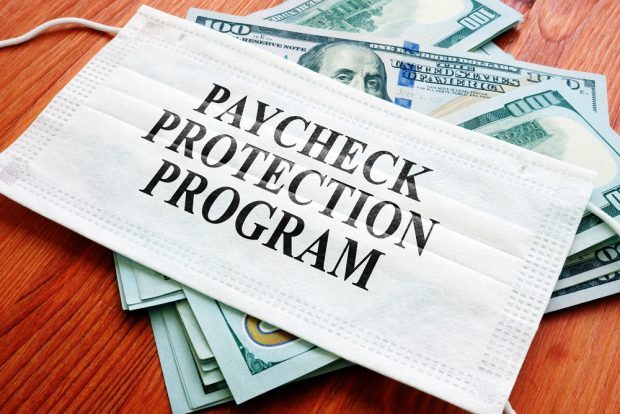 Source: Shutterstock.
Source: Shutterstock.
Thousands of Paycheck Protection Program loans have a variety of "holds" on them, and may not be cleared by March 31, when the PPP program is set to expire, financial services trade groups, including CUNA and NAFCU, warned.
The groups late last week asked key members of Congress to press the Small Business Administration to clear as many loans as possible by that date. And they asked that all loan applications received by March 31 be processed.
Recommended For You
"Since its inception, the PPP has served a vital role in helping millions of small businesses survive," the groups, which also include the American Bankers Association, wrote. "As this program reaches its current congressionally authorized sunset date, thousands of our nation's small businesses have filed or intend to file applications for this critical economic lifeline. They should be given the opportunity to receive these funds through the full program authorization period."
The House Small Business Administration is scheduled to hold a hearing Wednesday on the next steps for the PPP program.
Credit unions continue to participate in the PPP program, according to SBA records. The agency said that 812 credit unions with less than $10 billion in assets have made PPP loans this year, while eight credit unions with more than $10 billion have participated.
Various watchdog groups, including the Government Accountability Office and the SBA's own Inspector General have said that the speed with which the PPP was rolled out made it vulnerable to waste, fraud and abuse.
The financial trade groups said that since the PPP was reopened earlier this year, a series of automated checks on all loan applications are being conducted to try to weed out potential problems. The groups said that although this was an important step, it has slowed down the approval of PPP loans. They added that when a loan is flagged by certain codes, the lender cannot solve the problem and the SBA must review the application.
They said that while the SBA has said it will resolve the problems expeditiously, thousands of PPP borrowers have had their loans delayed for several weeks or more. They added that those loans may not be processed by March 31 and that an extension is needed.
In a separate letter last week, several financial services trade groups, including CUNA, asked congressional leaders to extend the PPP program through the end of the year. That would allow the SBA to make PPP loans through Dec. 31.
© Touchpoint Markets, All Rights Reserved. Request academic re-use from www.copyright.com. All other uses, submit a request to [email protected]. For more inforrmation visit Asset & Logo Licensing.






